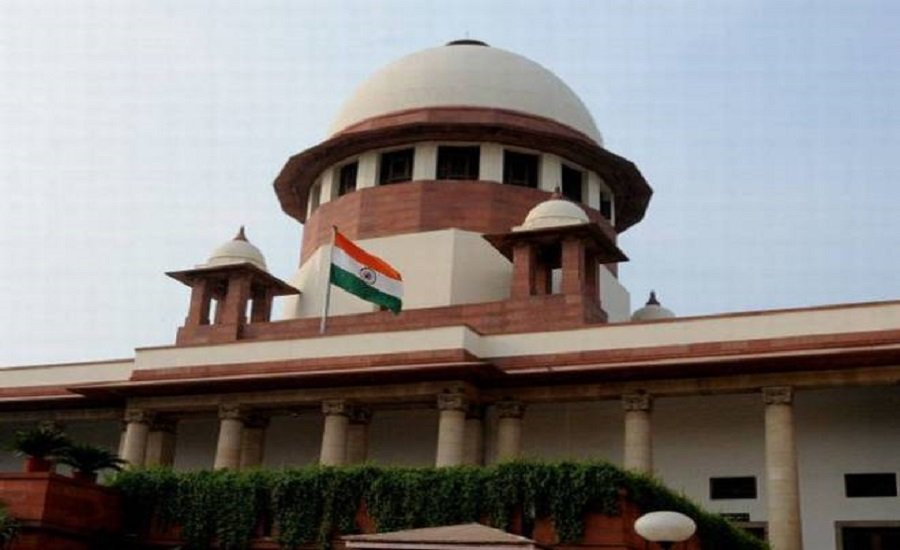
NEW DELHI – The Supreme Court on Thursday agreed to review its July 27 PMLA judgment, which upheld the Enforcement Directorate’s powers in connection with attachment of property involved in money laundering, arrest, search, and seizure under the Prevention of Money Laundering Act.
A bench, headed by Chief Justice N.V. Ramana, said there are two main concerns — non-providing of ECIR to accused at the time of arrest and negation of presumption of innocence. The top court issued notice to the Central government on the review petition filed by Congress MP Karti Chidambaram.
Senior advocates Kapil Sibal and A.M. Singhvi submitted that the entire judgment needs to be considered. However, the top court clarified the two issues, which will be considered under the review. Solicitor General Tushar Mehta submitted that review is unlike a writ petition, and all the issues can’t be reviewed.
The top court noted that there was no need for elaborate hearing and the court feels there are two aspects required in the judgment for a re-look. “We are in full support of the prevention of black money. The country cannot afford such offences as the object is noble,” said the top court.
The bench, also comprising Justices Dinesh Maheshwari and C.T. Ravikumar, added that judges feel there are two aspects, which required a re-look, in the judgment.
Opposing the review, Mehta said there has to be error apparent on record for review, and this is not a standalone act, instead it is as per India’s international commitments.
Sibal, representing Karti Chidambaram, submitted that the judgment holds that money laundering is a continuing offence, so the proceeds from 1999 can be an offence, even if it was not a scheduled offence in 1999. He added that the issue is that a person can be proceeded now on grounds of concealing proceeds of crime.
The bench reiterated that it has prima facie identified two issues – relating to ECIR and negation of presumption of innocence. Sibal urged the bench to reconsider the entire judgment, but it was unmoved by Sibal’s submissions and said it is limiting the review on two grounds.
After hearing submissions, the bench issued notice on the review petitions and extended its order granting interim protection to the petitioner by 4 weeks.
Only 27, the top court affirmed the stringent provisions of Prevention of Money Laundering Act (PMLA) in connection with definition of proceeds of crime, power of arrest, search & seizure, attachment of properties and also the twin bail conditions.
A bench, headed by Justice A.M. Khanwilkar (now retired) and comprising Justices Maheshwari and Ravikumar, had said: “The international bodies have been discussing the menace of money laundering on regular basis for quite some time; and strongly recommended enactment of stringent legislation for prevention of money laundering and combating with the menace thereof including to prosecute the offenders and for attachment and confiscation of the proceeds of crime having direct impact on the financial systems and sovereignty and integrity of the countries.”
It added that money laundering is one of the heinous crimes, which not only affects the social and economic fabric of the nation, but also tends to promote other heinous offences, such as terrorism, offences related to NDPS Act, etc.
The top court had affirmed the validity of Sections 5 (attachment of property), 8(4) (taking possession of attached property),3 (definition of money laundering), 17 (search and seizure), 18 (search of persons), 19 (powers of arrest), 24 (reverse burden of proof), 45 (offences being cognisable and non-bailable and twin conditions for grant of bail by court), 50 (statements made to ED officials), and 44 (offences triable by special court).
However, the top court left the question whether some of the amendments to the PMLA, 2002 could not have been enacted by the Parliament by way of a Finance Act, to be considered by a larger bench. -IANS

